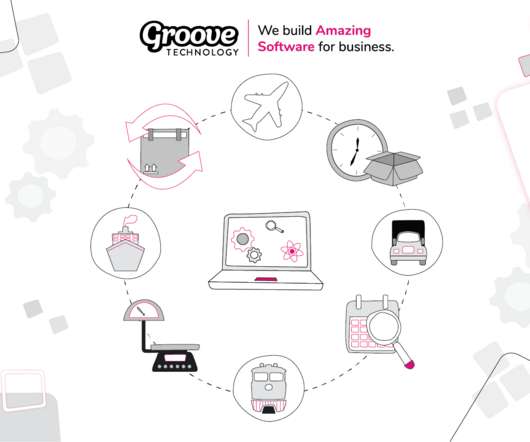Logistics Software Development
Groove Technology
AUGUST 1, 2022
Manage your complex supply chain with a well-designed system that offers end-to-end solutions, such as: Logistics and Transportation Management. Order Management. This system is frequently integrated into a more extensive supply chain management (SCM) system. Reducing Costs.












Let's personalize your content